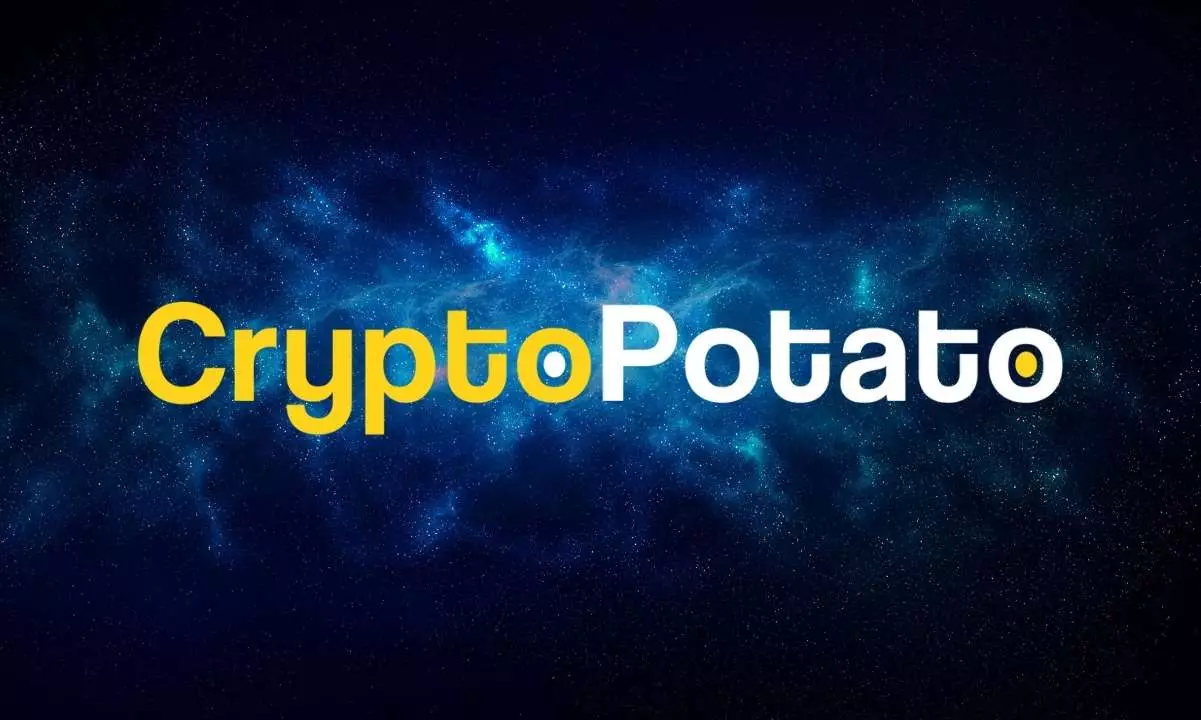Ethereum’s recent defense of its 45-day unstaking period reveals a troubling mindset that prioritizes network security over user convenience. While Vitalik Buterin eloquently likened the unstaking process to a soldier’s duty — emphasizing that defending the chain requires commitment — this analogy dangerously glosses over the impact on everyday users and institutional stakeholders. Simply put, the network’s emphasis on security at this scale ignores the fundamental need for flexibility in a rapidly evolving financial landscape. If the goal is to attract more traditional investors, proponents of Ethereum should recognize that an unwieldy timeline fosters frustration and drives capital away, fueling competition from similarly decentralized chains with more pragmatic withdrawal periods.
Overemphasis on Network Integrity Undermines Practical Adoption
Buterin’s assertion that “taking on a solemn duty” justifies the lengthy queue is rooted in a center-right liberal view that values stability over quick gains. Yet, this perspective neglects the reality that many participants are not soldiers but ordinary individuals or institutions seeking reliability without enduring week-long withdrawal delays. The prolonged unstaking period, while purportedly defending the network, risks positioning Ethereum as an elite enclave rather than an open, accessible platform. If security measures become so rigid that they stifle user engagement, the network risks stagnation, especially as competitors like Solana or Avalanche offer more user-friendly experiences.
The Disconnect Between Idealism and Economic Reality
While Buterin’s remarks highlight a philosophical stance rooted in duty and security, the market implications paint a different picture. The sudden spike to a 2.6 million ETH unstaking queue — near a two-year high — suggests mounting dissatisfaction among validators and potential exit strategists. Despite the robust validator participation and 30% of the total supply staked, the long locking period undermines Ethereum’s appeal as a liquidity provider, potentially signaling a loss of faith among large institutional actors. This disconnect underscores a fundamental flaw: Ethereum’s emphasis on decentralization and security appears to come at the expense of market agility, which, in a center-right liberal framework, could hinder its broader adoption and economic influence.
Is Ethereum Sacrificing Growth for Purity?
Critics within the community point out that the current unstaking protocol resembles a sacrifice of practicality on the altar of purity. Describing Ethereum as a “suitable candidate” for the future of global markets becomes increasingly suspect when the process deters mainstream participants. Conservative elements would argue that a security-first approach is admirable, but only if it doesn’t inhibit innovation and user experience. More disturbingly, the controversy surrounding Galaxy Digital’s public criticism exposes a potential internal tension: should the network adapt to market demands or posture defensively to preserve ideological purity? Given the stakes, the answer should lean toward pragmatic reform rather than dogmatic resistance.
The Political Underpinnings of Network Security
From a political perspective aligned with center-right liberalism, the debate on Ethereum’s unstaking period reflects a fundamental tension between trust and flexibility. Governance models that overly emphasize security at the expense of user freedom risk alienating the very stakeholders needed to propel blockchain technology into mainstream financial corridors. The backlash — including critiques from former industry insiders and legal experts — signals that Ethereum’s rigid stance may backfire, damaging its reputation among cautious investors and institutional partners. Ethical considerations aside, the real-world economics suggest that a delicate balance must be struck; excessive sacrificial security measures jeopardize Ethereum’s competitive edge in the global marketplace.

